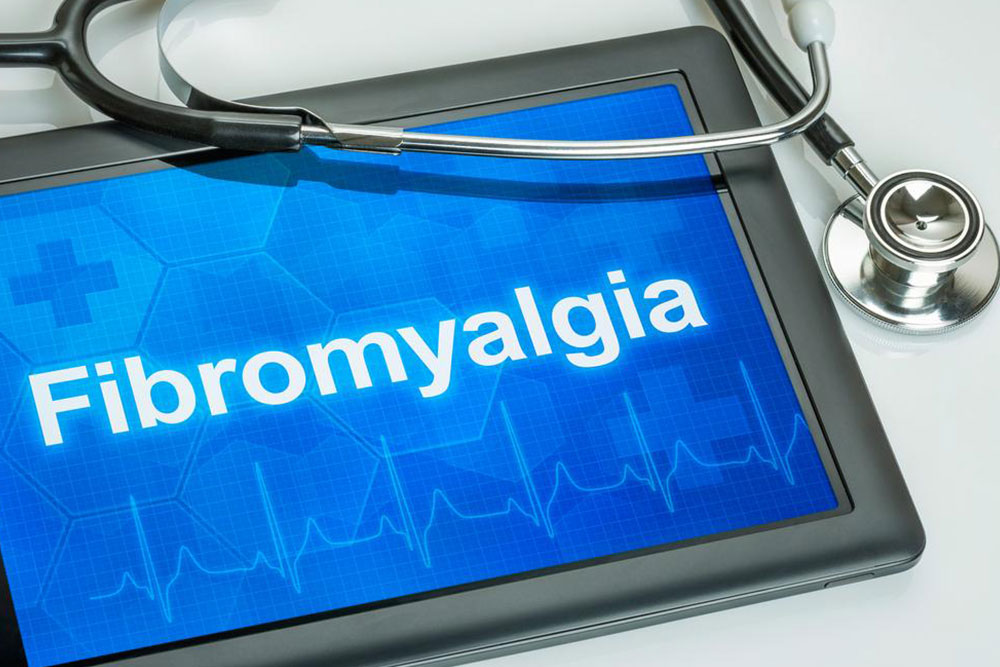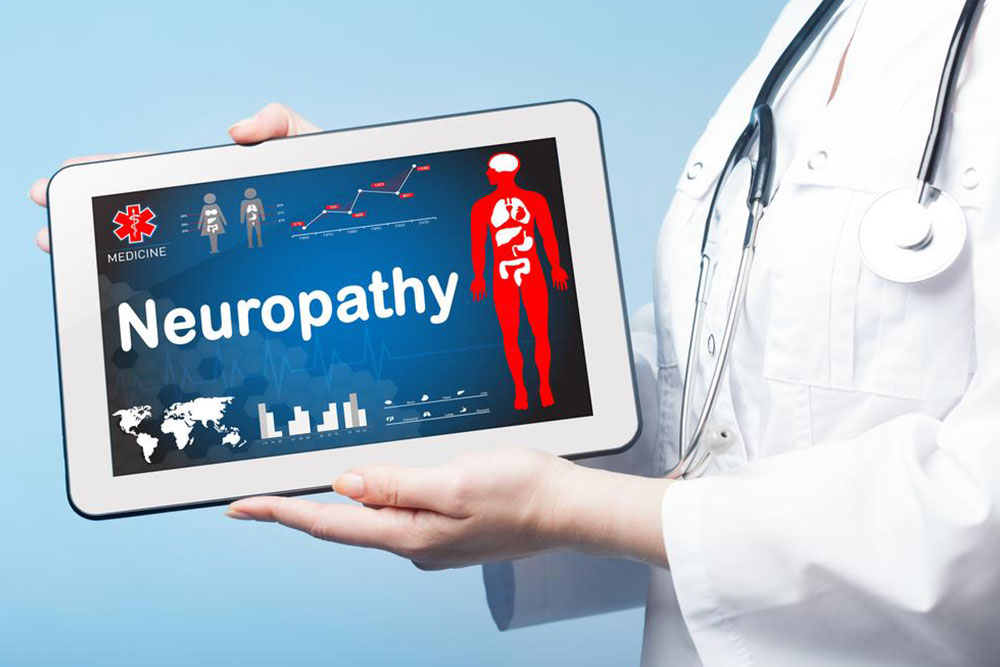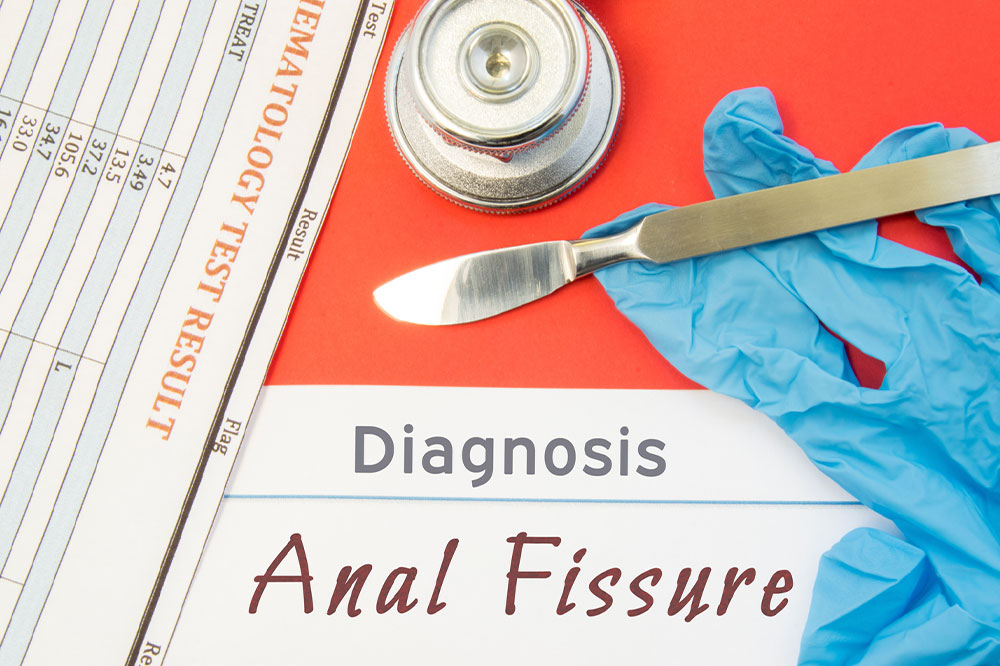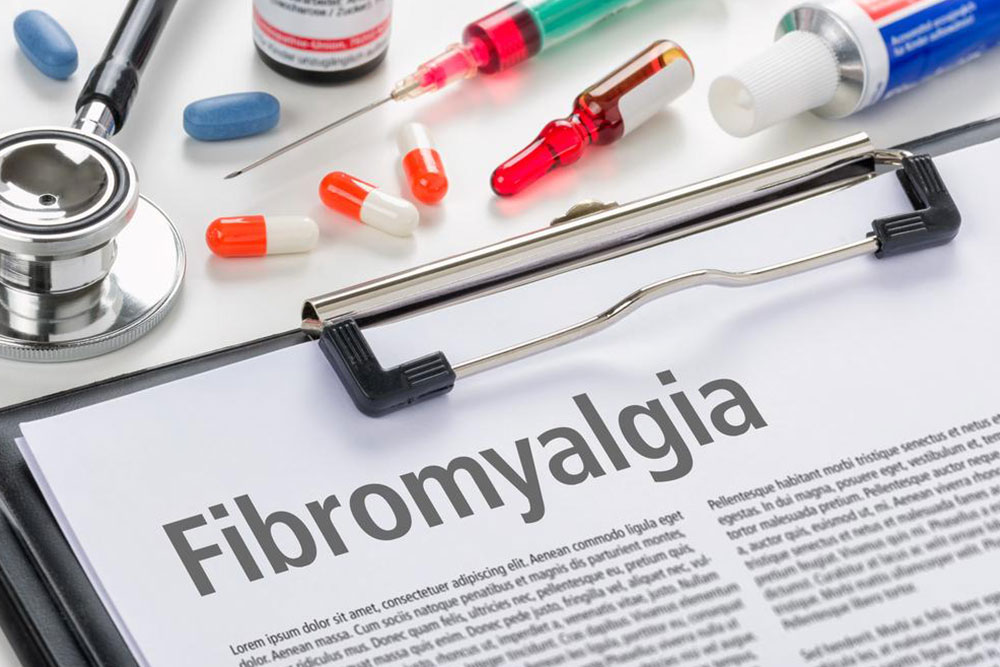Understanding Fibromyalgia: Key Symptoms and Diagnosis Challenges
Fibromyalgia is a complex chronic condition characterized by widespread pain, fatigue, and cognitive issues. Although it lacks a definitive cure, symptom management through medication, lifestyle changes, and therapies can improve quality of life. Diagnosis remains challenging due to its subtle, widespread symptoms, often overlapping with other conditions. Awareness and early intervention are key factors in managing this long-term disorder effectively.

Understanding Fibromyalgia: Key Symptoms and Diagnosis Challenges
Fibromyalgia is a condition that has been recognized for centuries, initially described in the 19th century as a rheumatoid disorder causing stiffness, pain, fatigue, and sleep issues. Scientifically, it is understood as a chronic pain syndrome involving abnormal nerve signaling that results in persistent pain primarily in body tissues.
Typical Symptoms
Symptoms often follow physical trauma, surgeries, infections, or stress. Sometimes, they develop gradually without a clear trigger. Women are more frequently affected than men.
Many sufferers also experience migraines, TMJ disorder, irritable bowel syndrome, anxiety, and depression.
Despite similarities to arthritis, fibromyalgia does not cause inflammation or tissue damage, making diagnosis challenging.
Patients may also face cognitive issues called “fibro fog,” impacting focus and memory, along with sleep disturbances and comorbid conditions like restless legs syndrome. Despite feeling rested, many wake up exhausted, often due to disrupted sleep patterns.
Challenges in Diagnosis
Fibromyalgia’s subtle and widespread pain symptoms make it hard to identify. Pain can be felt across various body parts, such as shoulders, neck, lower back, and hips. Many have overlapping conditions like myofascial pain, digestive disturbances, or temporomandibular joint problems. Co-occurrence with rheumatoid arthritis or lupus is also common.
While no cure exists, treatment focuses on symptom management. Medications, sleep improvement, chiropractic care, and an active lifestyle can alleviate symptoms. Early diagnosis and comprehensive care enhance quality of life for those affected.
Note:
Our blog offers diverse health insights based on research, but information should not replace professional medical advice. The site does not guarantee accuracy or completeness and cannot be responsible for external data variations or undisclosed offers.










